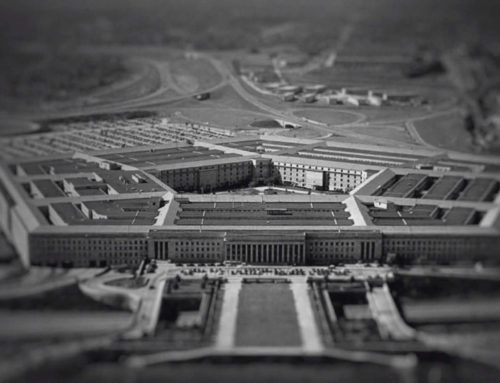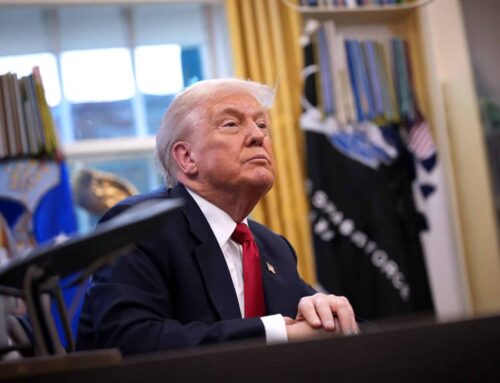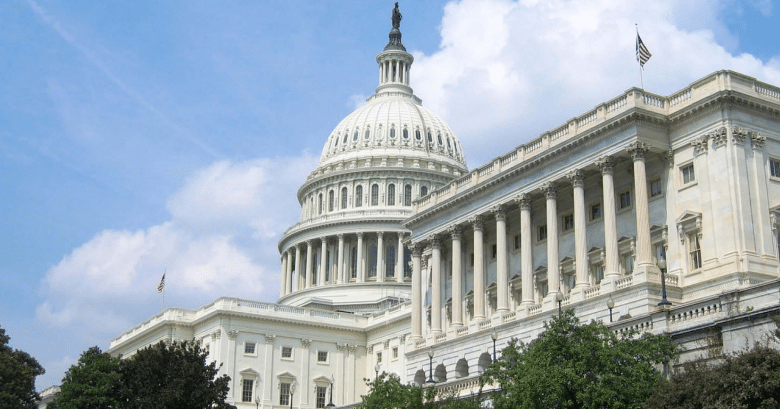Making matters worse, the Pentagon is all too familiar with this dynamic, leading some to wonder whether the Pentagon deliberately leaves some of its real priorities out of the budget in hopes that Congress will step in to fund them.
The Pentagon budget process shouldn't be an all-you-can-eat buffet line for lawmakers, nor should it encourage the Pentagon to craft a budget based on gambles about which projects Congress might fund through UPLs.
Rep. John Garamendi (D-Calif.) tried to address this issue when the House Armed Services Committee marked up the NDAA last week, offering an amendment that would have simply repealed the requirement for these lists. This would be a return to the pre-2017 status quo when military service branch leaders and combatant commanders could submit UPLs at their discretion.
It would go a long way in reining in the unnecessary spending generated by these lists while still leaving military leaders with the option to seek funding for items they view as truly indispensable. Unfortunately, the committee rejected the amendment.
If lawmakers are truly committed to meeting the real priorities of the Pentagon and the American people, not just this year but in the years to come, we need to get our nation's debt under control. The national debt is now over $34.5 trillion and growing. The Congressional Budget Office predicts that in 2024, we'll be spending more on interest payments to service our nation's debt than on the military. That's an enormous amount of money that isn't going to national security or domestic spending needs. It's just paying interest on the nation's credit card.
Shunning unnecessary spending and adhering to budget caps are essential to reining in the debt, and repealing the requirement for UPLs would help on both fronts. As the Senate Armed Services Committee prepares to take up the NDAA in June, the committee should do what the House couldn't and put an end to the harmful UPL requirement.
Gabe Murphy is a policy analyst at Taxpayers for Common Sense, a nonpartisan budget watchdog advocating for transparency and calling out wasteful spending.










